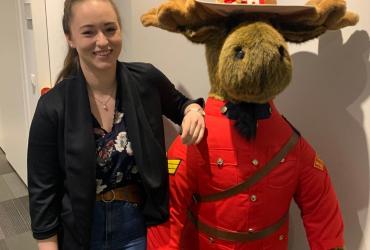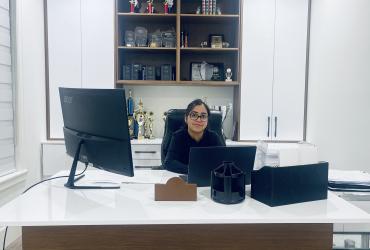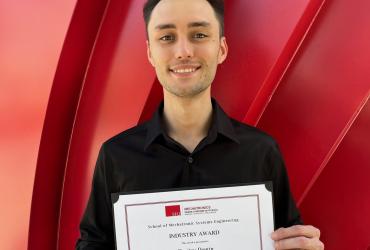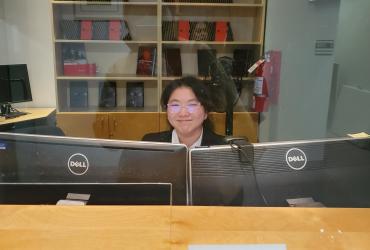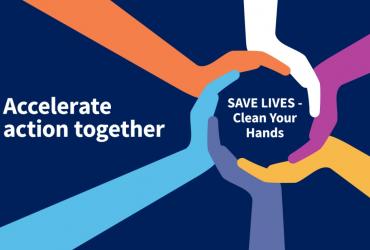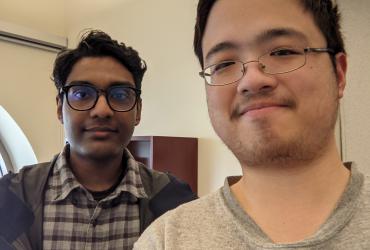Reflection
The past four months at TRIUMF have been a learning curve; it has given me many skills that I can apply in my personal life, as well as countless professional skills that have taught me that every experience, regardless of field, is a good learning opportunity. Working in a professional, semi-corporate setting has taught me the art of work-life balance, fulfilling the dream of living a fast-paced, ambitious life that I had envisioned when I was younger. The work environment also helped to educate me on the worker rights I am entitled to in Canada, which I was previously unaware of due to working in casual, temporary roles. My job at TRIUMF helped me to build great event planning skills, which improved my attention to detail, time management, and adaptability. This co-op opportunity allowed me to network, connecting with scientists, researchers, and industry people who expanded my knowledge of an industry outside of my academic discipline, opening the door to potential future partnerships.
Connection to Academic Studies or Career Goals
My main takeaway from this co-op placement experience was that, while my employment as a Conference facilitator assistant did not align with the typical job expectations in my academic subject or desired career path, there were various transferable skills to gain. These included improving verbal communication, developing technical skills, gaining keener attention to detail and documenting, and learning the art of multitasking, which makes time management much easier. I believe that these newly polished skills will be useful in my future, regardless of what I pursue, because they will allow me to engage in productive conversations with my client, make better use of my technical knowledge, aid me in policy-making and documentation creation, and help me juggle multiple tasks at once without missing any deadlines. Therefore, simply trust the process. Be prepared to put yourself out there and try things you are not used to doing because your twenties are for experimenting, exploring, increasing your knowledge base, and pushing your limits. My time at TRIUMF has provided me with the avenue to connect with people from industries other than mine, introducing me to people from prestigious institutions such as the European Council for Nuclear Research (CERN) and a variety of universities, demonstrating that my flexibility and adaptability are assets that will greatly benefit me in the future.
Advice for Future Students
For students thinking about doing a co-op term at TRIUMF or another similar organization or job, I have a few suggestions. To begin, accept new learning opportunities and approach your co-operative education with a sense of curiosity and willingness to learn. Take advantage of the variety of learning options accessible to you and adjust to the hands-on experience you will receive. Whatever field you choose, make sure to establish solid relationships with coworkers, mentors, and fellow students, as well as network within the community, as these can lead to future job opportunities and collaborations. Furthermore, do not be afraid to seek feedback and direction from mentors to enhance your skill set and performance, and use the input to hone your abilities and advance professionally. Furthermore, you must be adaptable and resilient in order to manage hurdles and overcome setbacks on your path with a good attitude, making it simpler to brainstorm solutions and use barriers as opportunities for progress. Finally, the most essential piece of advice I can give is to enjoy the journey and appreciate the unique learning opportunity that your co-op has provided you. Accept your struggles, enjoy your successes, and maintain your enthusiasm for your academic field and career.












